Wrapping up February: What’s new in the world of pigs?

Pig Progress brings you the latest business news and updates from the global pig industry, from a new product for pig gut health to the introduction of faba bean range and a feed supplement that helps protect pigs against Seneca Valley virus, PEDv and PRRSv.
AB Vista extends gut health portfolio with Progres
AB Vista has acquired the patented natural resin acids product, Progres, from Finnish biosciences company, Hankkija, which it says improves gut integrity of pigs by reducing inflammation and stimulates tissue recovery. It also beneficially modulates intestinal microbiota, favouring butyrate producers and lactobacilli, reducing the growth of Gram-positive pathogens.
Beneo extends animal nutrition portfolio with faba bean ingredients
Beneo, a manufacturer of functional ingredients, announces the expansion of its product portfolio for aqua and livestock feed with the addition of the new non-GMO faba bean ingredient range, including faba bean protein concentrate, starch-rich flour, and hulls, and represent sustainable sources of protein, starch, and fibre.
Trials show Anpario’s pHorce is effective against Seneca Valley virus in pigs
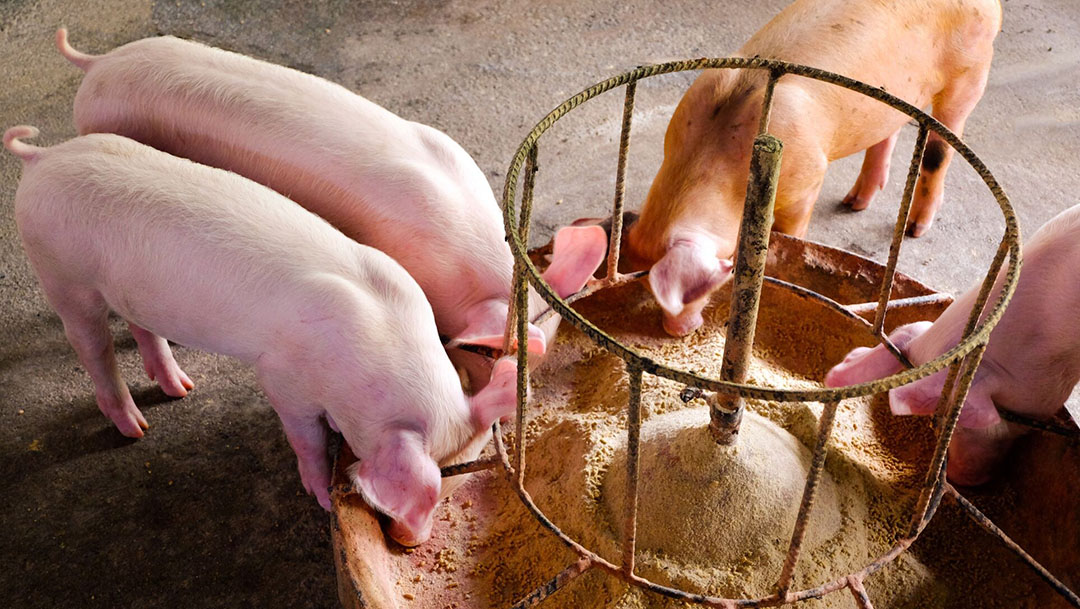
In an independent trial, pHorce from Anpario was found to be an effective viral mitigant against Seneca Valley virus, Porcine Epidemic Diarrhoea virus and Porcine Reproductive and Respiratory Syndrome virus. In the trial, pigs were challenged with the 3 viruses via the feed. In pigs fed pHorce supplemented diets, there were no clinical signs associated with any of the viruses compared to the control pigs, where 100% presented clinical symptoms.
Nutreco invests in BiomEdit
Nutreco and microbiome biotech company, BiomEdit, have entered into a research and commercial partnership to bring livestock and aquaculture producers novel feed additives developed through microbiome technology.
Adisseo completes acquisition of Nor-Feed
Adisseo has completed the acquisition of Nor-Feed, a French group that designs, produces and markets plant-based specialty ingredients and plant extracts for animal nutrition.
Evonik continues to invest and also introduces and plant-based feed additive
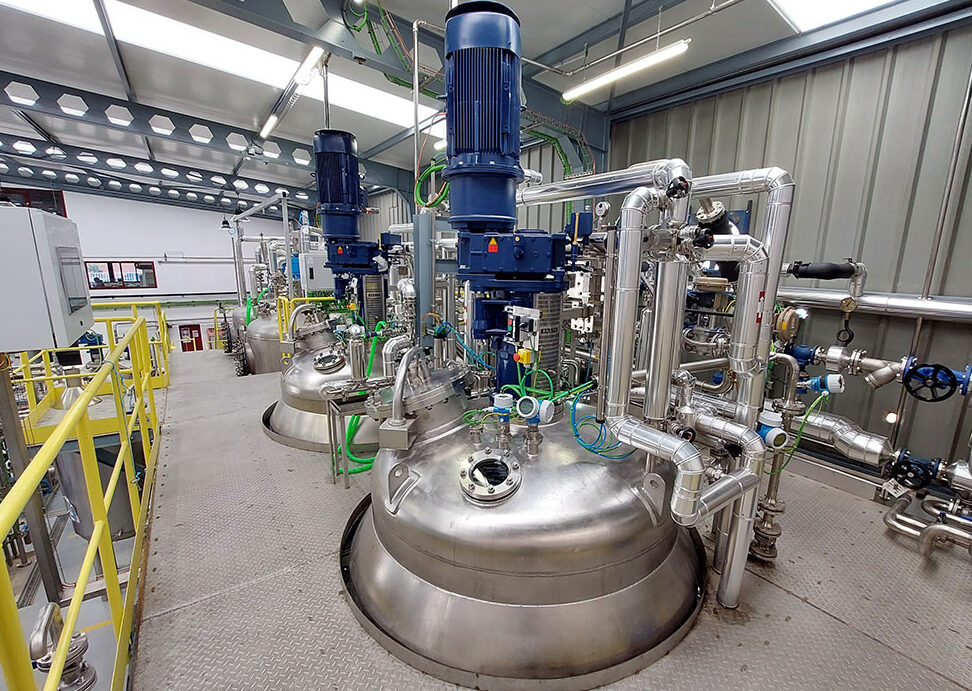
Evonik has invested €25 million in expanding its methylmercapto-propionaldehyde (MMP) production plant in Wesseling, Germany. MMP is integral in the production of MetAMINO (DL-methionine) in animal feed. The company has also modernised and expanded probiotics production at its site in León, Spain. The capacity for producing Ecobiol, Fecinor and GutCare has been more than doubled, and the site can now produce the equivalent of 6,000 mt of blended final probiotic product per year. The company has also launched its first plant-based feed additive, PhytriCare IM, which consists of selected plant extracts with a high flavonoid content.
Novus International launches Scale Up programme for sows
Novus International debuts its latest program for sows, the Scale Up programme, which aims to optimise sow lifetime productivity, achieving more pigs per sow lifetime through improvements in reproductive performance, structural integrity of the musculoskeletal system, sow longevity, and offspring uniformity and health.
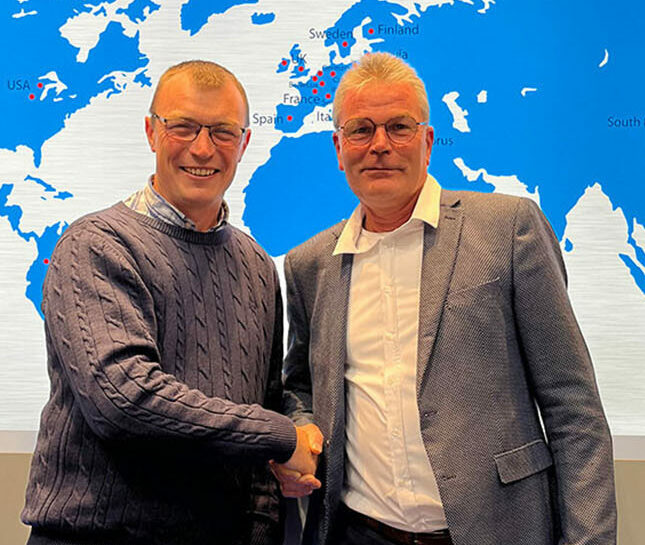
Weltec Biopower and GTS extend service partnership for UK and Ireland
Weltec Biopower has extended the cooperation with service partner, Gordons Technical Service (GTS) from Northern Ireland, until the end of 2026. The German biogas plant manufacturer‘s cooperation with GTS has been in place since 2017 and applies to customers from Great Britain and the Republic of Ireland.
Cargill releases world 2022 mycotoxins report
Cargill’s 2022 World Mycotoxin Report. For pigs, the report highlights that DON and FUM are the 2 big villains in most regions. Other culprits are AFL in Asia and T2 in Russia and Africa. Meanwhile, ZEN, the levels of which have increased compared to 2021, impacts reproduction parameters for sow and can lower growth performance, with severe effects when combined with other mycotoxins.
WEDA supplies modern technologies to Taiwan Sugar Corporation
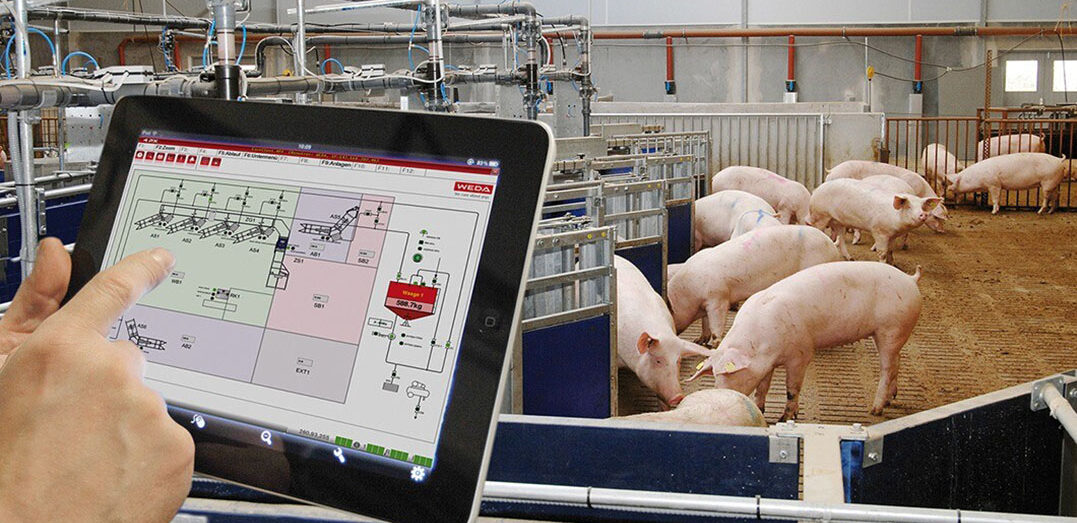
WEDA Dammann & Westerkamp has signed a contract for a 10,000-head sow project with Taiwan Sugar Corporation, which operates pig farms across the island. WEDA’s scope of supply includes housing, feeding and manure systems, including free-moving farrowing pens and pig performance test stations.
Lanxess develops software tool to calculate its carbon footprint
Speciality chemicals company, Lanxess, has developed a Product Carbon Footprint Engine tool that calculates the carbon footprint for the group’s products. It uses existing data from various business units and calculates the emissions generated using a cradle-to-gate approach. This includes greenhouse gas emissions during production, product-specific emissions related to raw materials, energy, operating materials and transport and emissions from waste disposal. With the tool, the company hopes to help its customers achieve their sustainability goals.
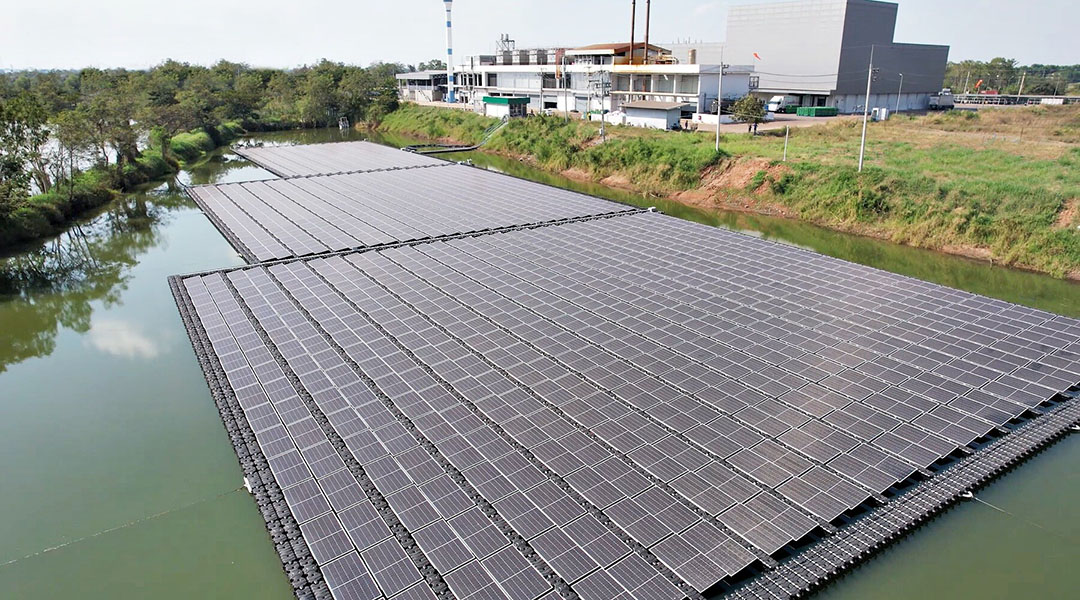
CP Foods plans solar panels at 180 facilities
Charoen Pokphand Foods will increase the installation of solar panels at 180 animal farms, feed mills, and processing plants across Thailand, with a total capacity of 65 MW by 2030. The company is gearing up to reach 100 MW of solar energy in its supply chain by 2025. The company has also
 Beheer
Beheer
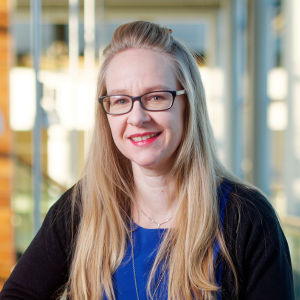


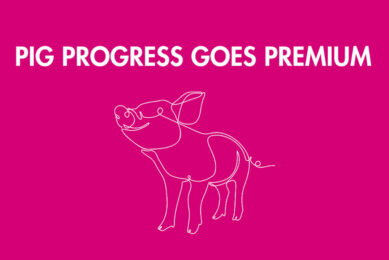




 WP Admin
WP Admin  Bewerk bericht
Bewerk bericht